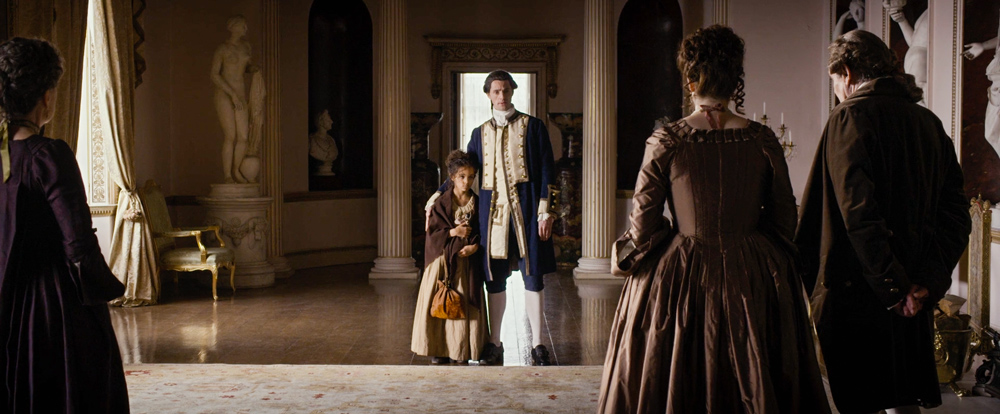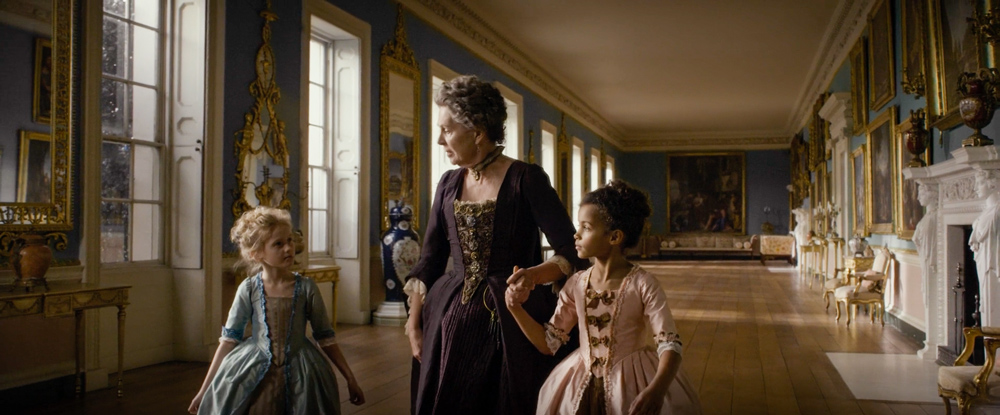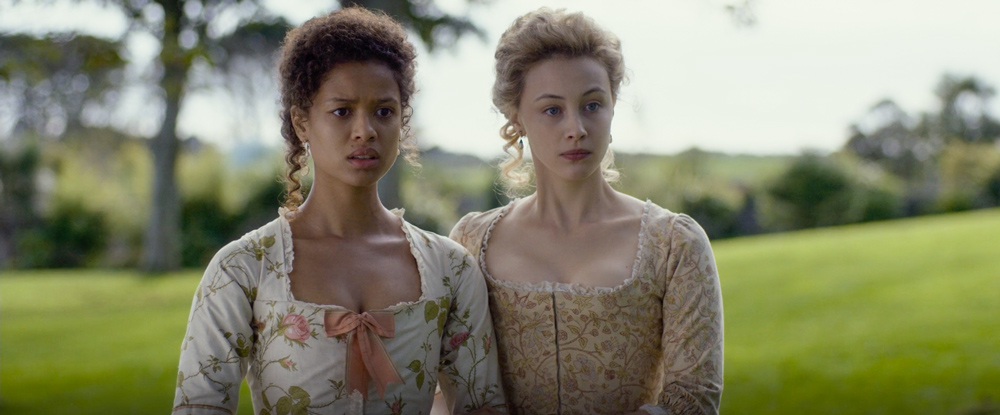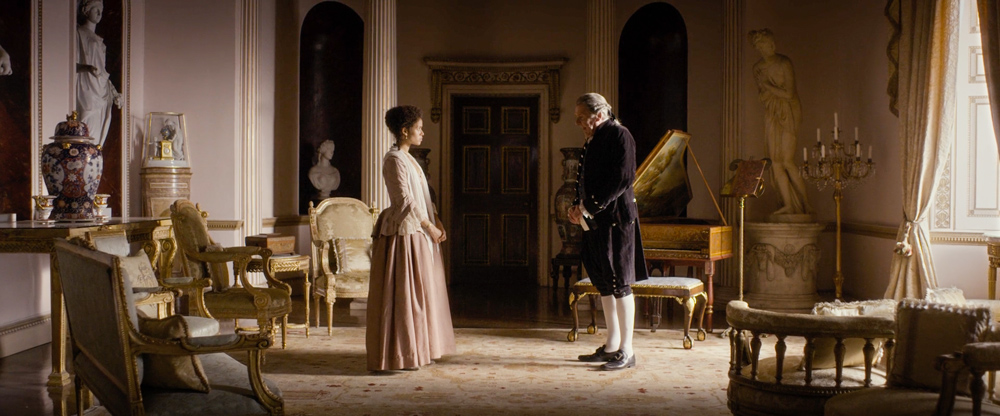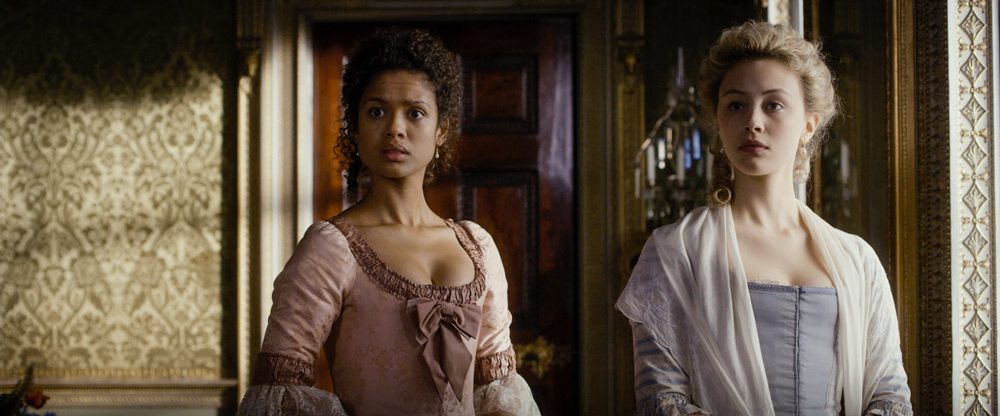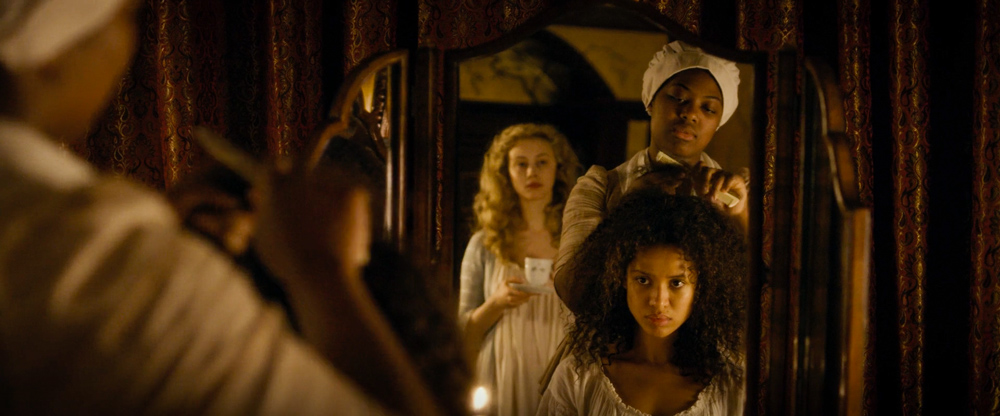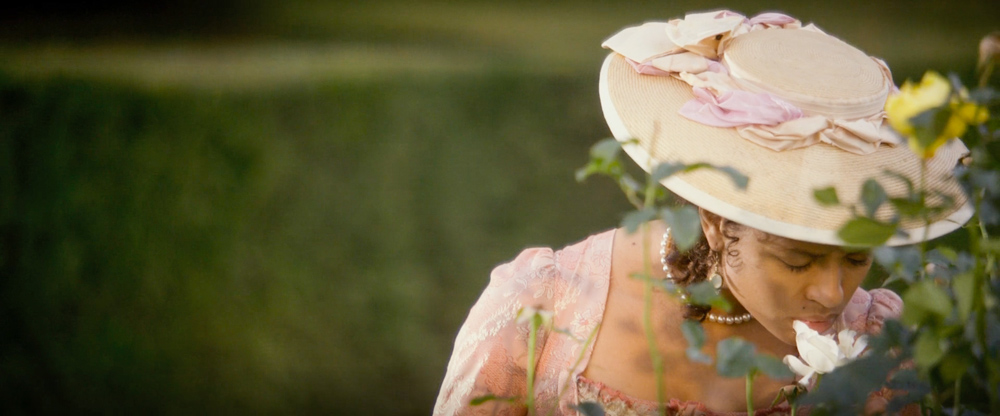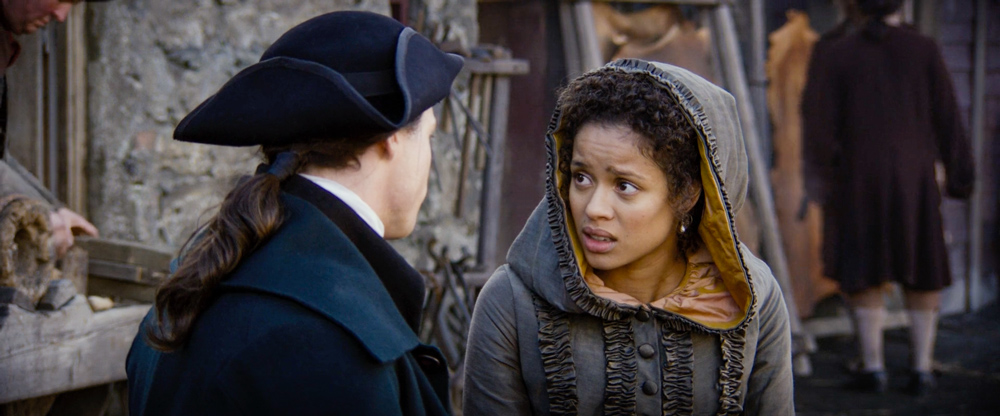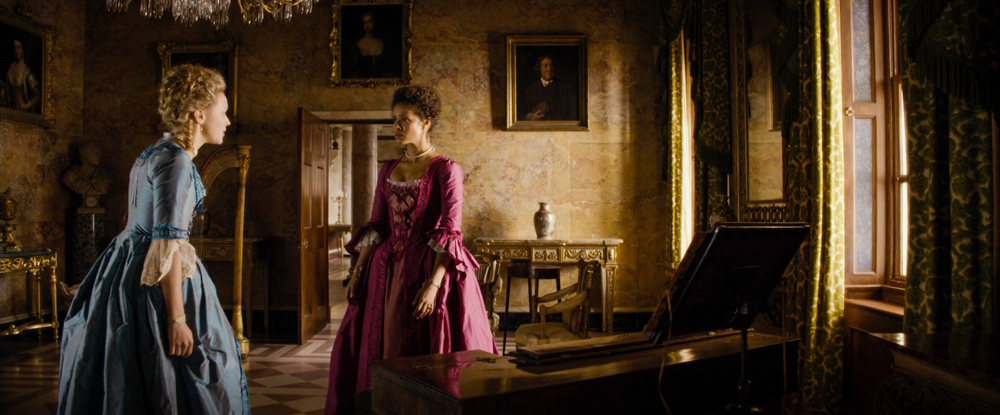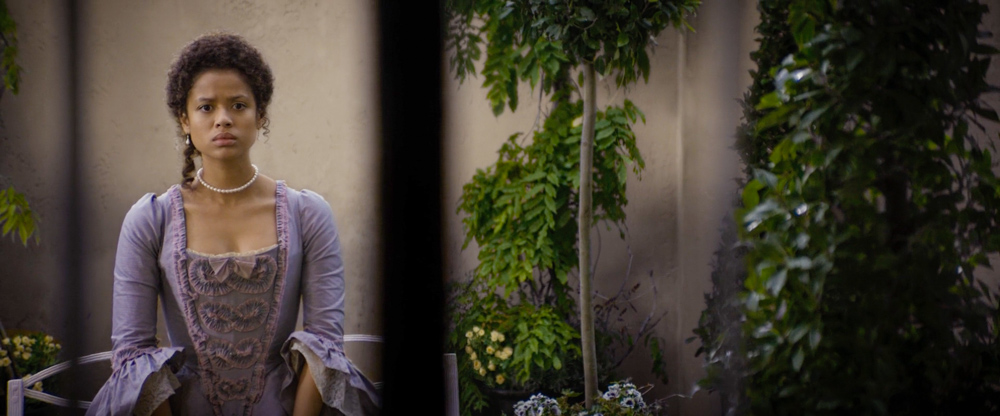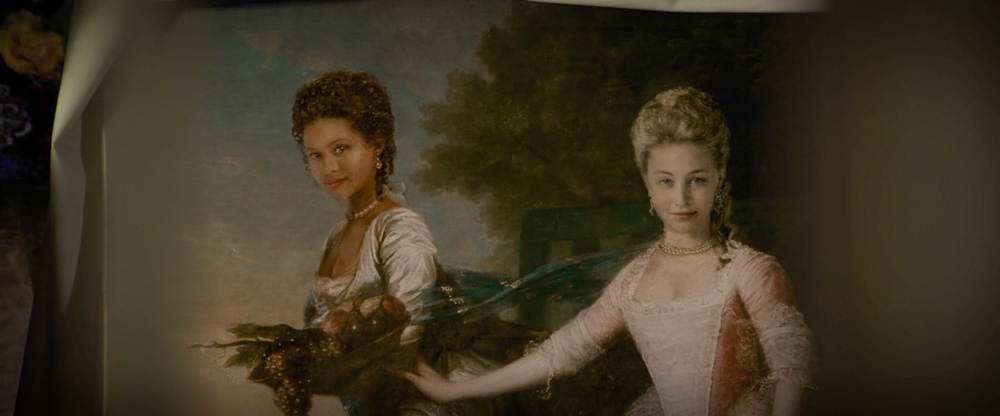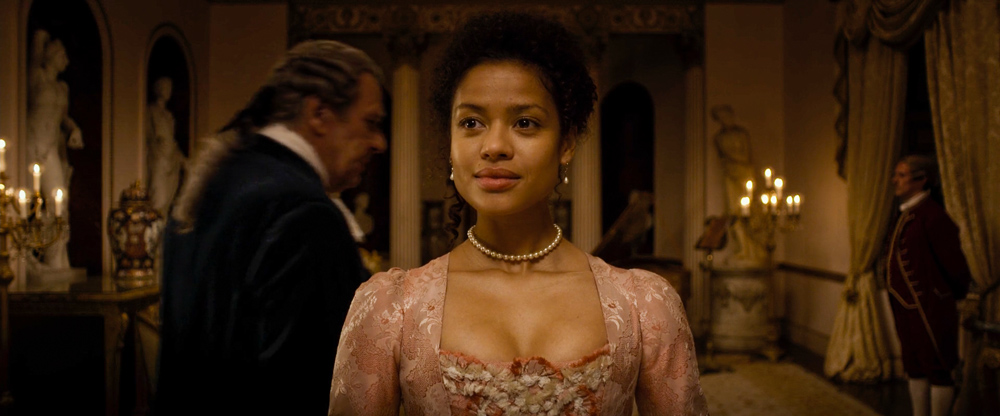Lately I’ve been thinking a lot about the culture I consume. I’ve been for example asking myself why I like watching costume and period dramas so much and the problematic aspect of watching them as a black woman. There’s this interesting article by Monique Jones where she explains the many things she finds difficult watching what she calls problematic faves. I can really relate to her dilemma. Lately, every time I’m watching shows like The Crown or Victoria, I start thinking about colonialism and all the horrible things that came with it. Do I stop watching them? No. Am I conflicted about it? Very much so.
When I was growing up and watching these costume and period dramas I wasn’t thinking so much about it. These rich white families from centuries ago felt so far removed from my own reality that I watched them with the same fascination as with sci-fi or fantasy movies. But over the years I’ve become more self conscious about it and started analysing them in a different way. Lately though I’ve become even more critical. There are plenty of these dramas being made every year and they often only feature white actors. The few roles there are for people of any other race is often slave or servant. Now some of you will say, well that’s how society looked back then but these depictions are being made in our time. I sometimes feel this is a part of the entertainment industry that can comfortably exclude people of colour without much effort because they can just cite historical accuracy as the reason. Am I saying that the Brits (’cause they make the best ones) should stop making costume dramas? No, this is far too complex but I think we need a wider variety of stories and creators in this genre.
This is why films like Belle are so important. The story about Dido, a daughter of a Royal Navy Admiral. She’s biracial and in his absence she is raised by his aristocratic family. I saw this movie a few years ago and almost started crying because I couldn’t remember the last time I’ve seen a movie like this where a person of colour was the lead but not as a slave or a servant. I’ve seen it a couple times since and I’m still captivated by Gugu Mbatha-Raw’s performance. The fact that this movie is directed by Ama Asante, a black woman gives me hope that things might be changing. What’s also great about this move is that it’s so beautifully shot that you can watch it just for the costumes (something I do quite often). There’s a few of Asante’s film I haven’t seen yet but I’m really looking forward to see what stories she chooses to tell in the future.
